Keeping chickens can be a rewarding and delightful venture, especially for those who are new to the world of poultry keeping. However, the journey into chicken ownership comes with its set of challenges, and one of the primary concerns for novice keepers is the health and well-being of their feathered companions. From common respiratory infections to pesky mites, the list of potential health issues can be daunting for beginners.
In this guide, we’ll delve into the crucial realm of chicken health, shedding light on the challenges that new chicken owners may encounter. More importantly, we’ll explore a proactive approach to overcoming these hurdles by selecting breeds that are not only resilient but also low-maintenance. By choosing chickens with a natural predisposition for robust health, novice keepers can significantly enhance their overall experience, fostering a more enjoyable and stress-free journey into the world of backyard poultry. So, let’s embark on a journey to discover the breeds that can thrive in various conditions while requiring less intensive care—a perfect fit for those just starting their chicken-keeping adventure.
Common Health Issues in Chickens:
Before diving into the world of resilient chicken breeds, it’s essential to understand the common health challenges that chickens may encounter. Being aware of these issues allows prospective chicken keepers to make informed decisions and implement preventive measures. Here’s a brief overview of some prevalent health concerns in chickens:
Respiratory Infections: Chickens, like any living beings, can be susceptible to respiratory infections. These may manifest as coughing, sneezing, or nasal discharge. Issues such as infectious bronchitis and mycoplasma infections are common culprits. Respiratory health is crucial for overall well-being and can impact egg production in laying hens.
Mites and Parasites: External parasites, such as mites, can cause considerable discomfort for chickens. Red mites, in particular, are notorious for feeding on the blood of chickens during the night, leading to stress, anemia, and a decline in egg production. Additionally, lice and other parasites can affect the feathers and skin, requiring prompt attention.
Digestive Problems: Chickens are notorious for their indiscriminate pecking habits, which can sometimes lead to digestive issues. Impacting the crop, gizzard, or intestines, digestive problems can result from consuming inappropriate substances or contaminated food. Symptoms may include changes in droppings, lethargy, or a decrease in egg laying.
Understanding these common health issues underscores the importance of proactive chicken care. For novice keepers, selecting breeds that show resilience against these challenges becomes a strategic and considerate decision. In the following sections, we’ll explore breeds known for their ability to withstand these common health issues, providing a solid foundation for a successful and enjoyable chicken-keeping experience.
Characteristics of Resilient Breeds:
As we navigate the intricate world of chicken breeds, it’s crucial to recognize the distinctive traits and characteristics that set resilient breeds apart. Choosing chickens with inherent resistance to common health issues ensures a more robust and enjoyable experience for novice keepers. Let’s explore the key characteristics that make certain breeds resilient:
1. Strong Immune Systems: Resilient chicken breeds often boast robust immune systems that act as a formidable defense against infections. These breeds have a genetic predisposition for producing antibodies, enabling them to fend off common poultry illnesses more effectively. This resilience contributes to overall flock health and longevity.
2. Adaptability to Various Climates: Chickens, like any creatures, thrive in specific environmental conditions. Resilient breeds exhibit a remarkable adaptability to various climates, whether facing the challenges of cold winters or sweltering summers. Their ability to acclimate ensures they stay healthy and continue to lay eggs consistently, regardless of seasonal changes.
3. Natural Resistance to Common Ailments: Certain chicken breeds have evolved with a natural resistance to prevalent poultry ailments. Whether it’s resistance to respiratory infections, mites, or digestive issues, these breeds possess genetic traits that make them less susceptible to common health challenges. This innate resistance reduces the likelihood of illness and minimizes the need for intensive veterinary care.
4. Low-Maintenance Requirements: Resilient breeds are often characterized by their low-maintenance requirements. These chickens are hardy and can thrive with basic care, making them ideal for novice keepers. From straightforward dietary needs to minimal grooming demands, these breeds alleviate the potential stress and time commitment associated with high-maintenance chickens.
Understanding these characteristics empowers chicken enthusiasts to make informed decisions when selecting breeds for their flock. In the next section, we’ll shine a spotlight on specific breeds that embody these resilient traits, ensuring a smoother and more gratifying journey into the world of chicken keeping for beginners.
Top Resilient and Low-Maintenance Breeds:
Now that we’ve explored the importance of resilience in chicken breeds, let’s turn our attention to specific breeds that embody these traits. Whether you’re a novice chicken keeper or an experienced enthusiast looking for low-maintenance options, these breeds are known for their hardiness and adaptability:
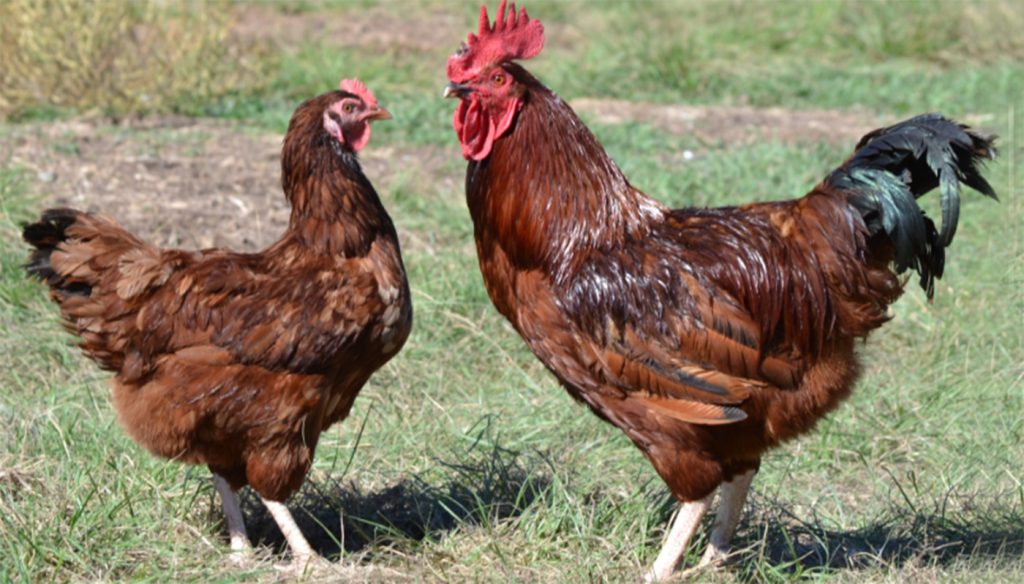
Renowned for its robust constitution, Rhode Island Reds are excellent egg layers and well-suited for various climates. Their friendly disposition and minimal grooming needs make them a top choice for beginners.

Sussex chickens come in various color varieties and are celebrated for their docile nature. Known for both egg and meat production, Sussex breeds are adaptable to different environments, making them a versatile and resilient option.
3. Plymouth Rock (Barred Rock):

Plymouth Rocks are a classic choice for backyard flocks. Their black and white striped plumage adds charm, and their hardiness makes them suitable for first-time keepers. They are known to be calm, making them easy to handle.

Holding the world record for egg production, Australorps are reliable layers with a calm temperament. Their adaptability to various climates and resistance to common health issues make them an ideal choice for those seeking low-maintenance breeds.
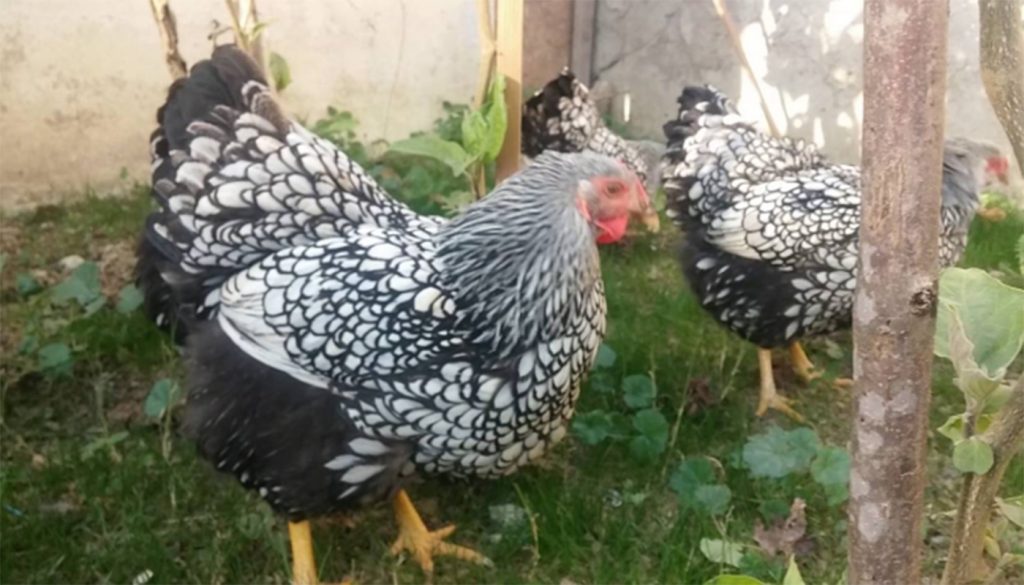
With a distinctive appearance featuring a rose comb and a laced pattern, Wyandottes are both attractive and hardy. They cope well with cold climates and have a friendly demeanor, making them a popular choice for backyard flocks.
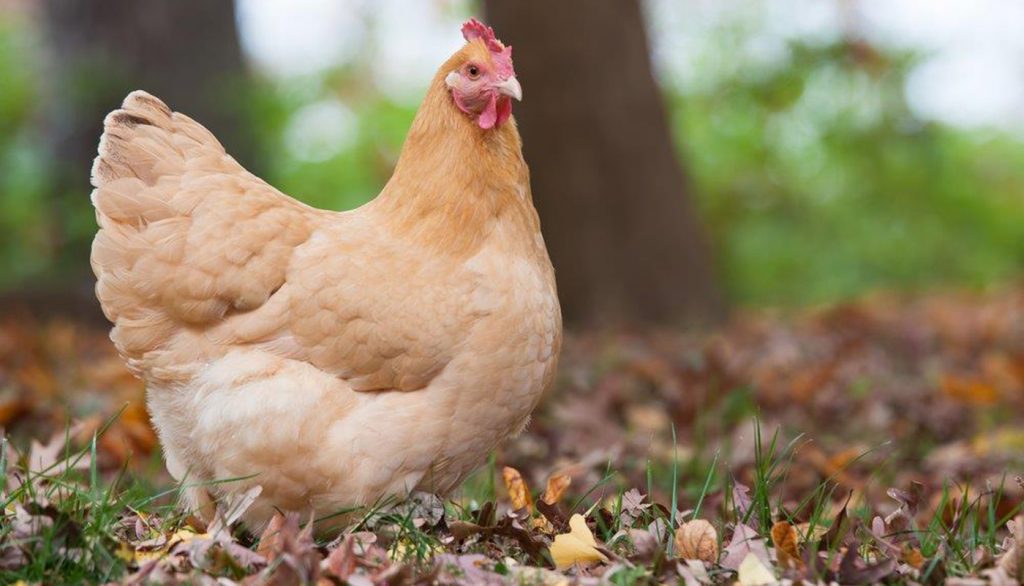
Orpingtons are known for their fluffy plumage and gentle personalities. They adapt well to confinement, making them suitable for smaller spaces. Their ability to thrive in different climates adds to their appeal.
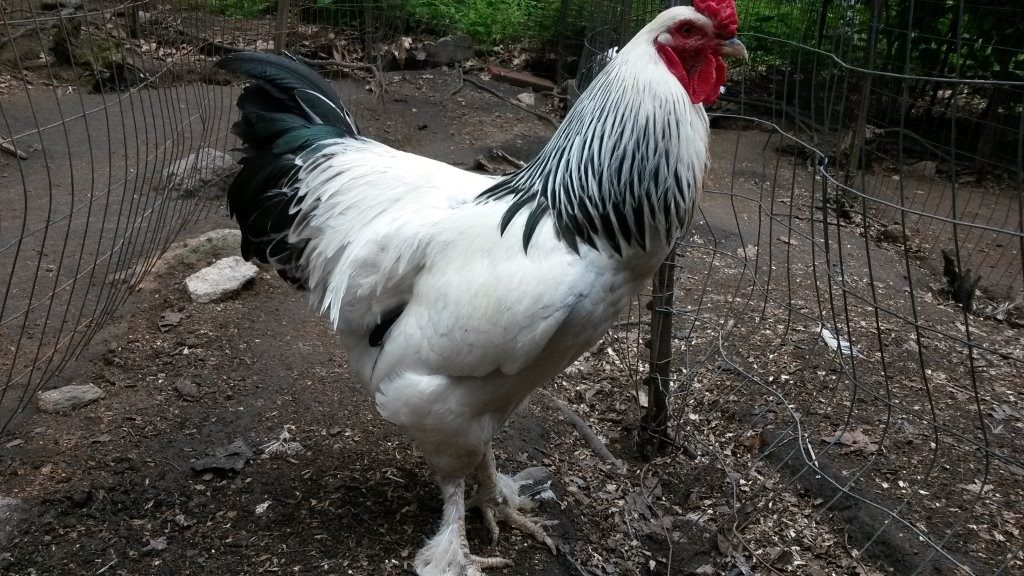
Brahma chickens are recognized for their large size, making them a dual-purpose breed for meat and eggs. Despite their size, they are docile and easygoing, requiring minimal care.
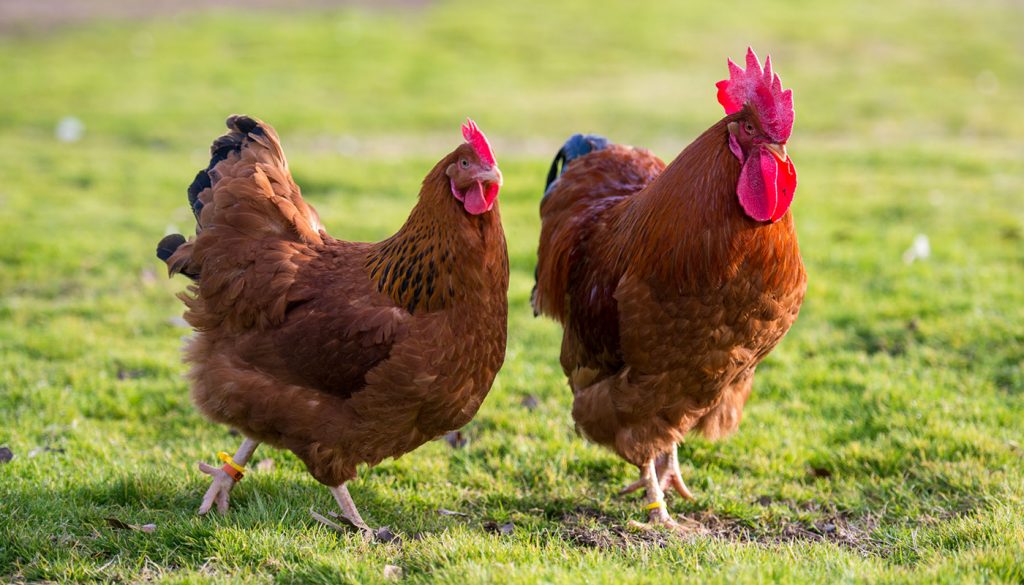
Similar to the Rhode Island Red, New Hampshire Reds are hardy and productive. They are excellent foragers, reducing the need for supplemental feeding, and their adaptable nature makes them beginner-friendly.
Remember, the key to a successful and enjoyable chicken-keeping experience lies not only in selecting the right breed but also in providing proper care and attention. Consider your preferences, available space, and local climate when choosing the breed that best suits your needs. In the next sections, we’ll delve into essential tips for maintaining the health of your chosen resilient flock and ensuring a harmonious coexistence between keepers and their feathered friends.
Tips for Maintaining Chicken Health:
Ensuring the health and well-being of your feathered companions is a fundamental aspect of responsible chicken keeping. Regardless of the breed you choose, implementing these general tips will contribute to the overall vitality and happiness of your flock:
1. Balanced Nutrition:
- Provide a well-balanced and nutritionally complete feed suitable for your chicken’s life stage (starter, grower, layer). Supplement their diet with fresh fruits, vegetables, and occasional treats. Adequate nutrition supports immune function and promotes optimal egg production.
2. Clean and Comfortable Coop:
- Maintain a clean and dry living environment for your chickens. Regularly clean the coop, remove soiled bedding, and ensure proper ventilation. A clean and comfortable coop reduces the risk of respiratory infections and pest infestations.
3. Regular Health Checks:
- Perform routine health checks on your chickens. Inspect their feathers, eyes, beaks, and feet for any signs of abnormalities. Monitor their behavior and egg production. Early detection of health issues allows for prompt intervention.
4. Parasite Prevention:
- Implement a regular parasite prevention program. Use dust baths, diatomaceous earth, or poultry-friendly insecticides to deter mites and lice. Keep an eye out for any signs of external parasites and treat promptly if detected.
5. Vaccinations and Preventive Measures:
- Stay informed about common poultry diseases prevalent in your region. Work with a veterinarian to establish a vaccination schedule if necessary. Practice biosecurity measures, such as limiting exposure to outside birds, to prevent the introduction of diseases to your flock.
6. Fresh Water Supply:
- Ensure a constant supply of clean and fresh water. Hydration is essential for overall health and supports egg production. Regularly clean water containers to prevent bacterial contamination.
7. Adequate Space and Enrichment:
- Provide ample space for your chickens to move around and express natural behaviors. Enrich their environment with perches, dust baths, and items for pecking and scratching. Mental and physical stimulation contribute to their well-being.
8. Quarantine New Additions:
- If introducing new chickens to your flock, quarantine them for a few weeks to monitor for any signs of illness. This precautionary measure helps prevent the spread of potential diseases.
9. Address Stressors Promptly:
- Identify and address sources of stress, such as overcrowding or predator threats. Stress can compromise the immune system, making chickens more susceptible to illness. Create a calm and secure environment for your flock.
By incorporating these tips into your chicken-keeping routine, you contribute to the overall health and resilience of your flock. Remember, a proactive and attentive approach to chicken care goes hand in hand with selecting resilient breeds, ensuring a harmonious and thriving coexistence between keepers and their feathery companions.
Conclusion:
In the fascinating world of chicken keeping, the health and resilience of your feathered friends stand as paramount considerations. As we conclude our exploration into the realm of resilient and low-maintenance chicken breeds, let’s recap the essential insights that can pave the way for a rewarding and enjoyable experience for novice keepers.
We’ve emphasized the significance of understanding common health issues in chickens, ranging from respiratory infections and parasitic challenges to digestive concerns. These insights serve as a foundation for appreciating why choosing a resilient breed is a prudent decision for those embarking on their chicken-keeping journey.
Characteristics such as robust immune systems, adaptability to diverse climates, natural resistance to common ailments, and low-maintenance requirements distinguish certain chicken breeds as ideal choices for beginners. The breeds highlighted, from the iconic Rhode Island Red to the gentle Wyandotte, exemplify these traits, offering a spectrum of options for various preferences and circumstances.
To maintain the health of your flock, we’ve provided general tips applicable to all chicken breeds. From balanced nutrition and clean coops to regular health checks and preventive measures against parasites, these practices contribute to the overall well-being of your chickens.
As you contemplate bringing these feathered companions into your life, we encourage you to delve deeper into your research. Consider your specific needs, available space, and local climate when selecting a breed. Each breed comes with its unique charm and characteristics, and aligning these with your preferences ensures a harmonious and fulfilling partnership.
In your pursuit of the perfect chicken breed, remember that knowledge is your greatest ally. Consult with experienced chicken keepers, connect with local poultry communities, and explore reputable resources. By doing so, you empower yourself to make informed decisions that will not only benefit your chickens but also enhance your own experience as a proud and responsible chicken keeper.
May your journey into chicken keeping be filled with joy, discovery, and the delightful companionship of your resilient and low-maintenance feathered friends. Happy chicken keeping!
 10 of the Most Rare Chicken Breeds
10 of the Most Rare Chicken Breeds 10 Chicken Breeds for the Colder Climates
10 Chicken Breeds for the Colder Climates TO HATCH OR NOT TO HATCH? – HATCHING EGGS PART 1
TO HATCH OR NOT TO HATCH? – HATCHING EGGS PART 1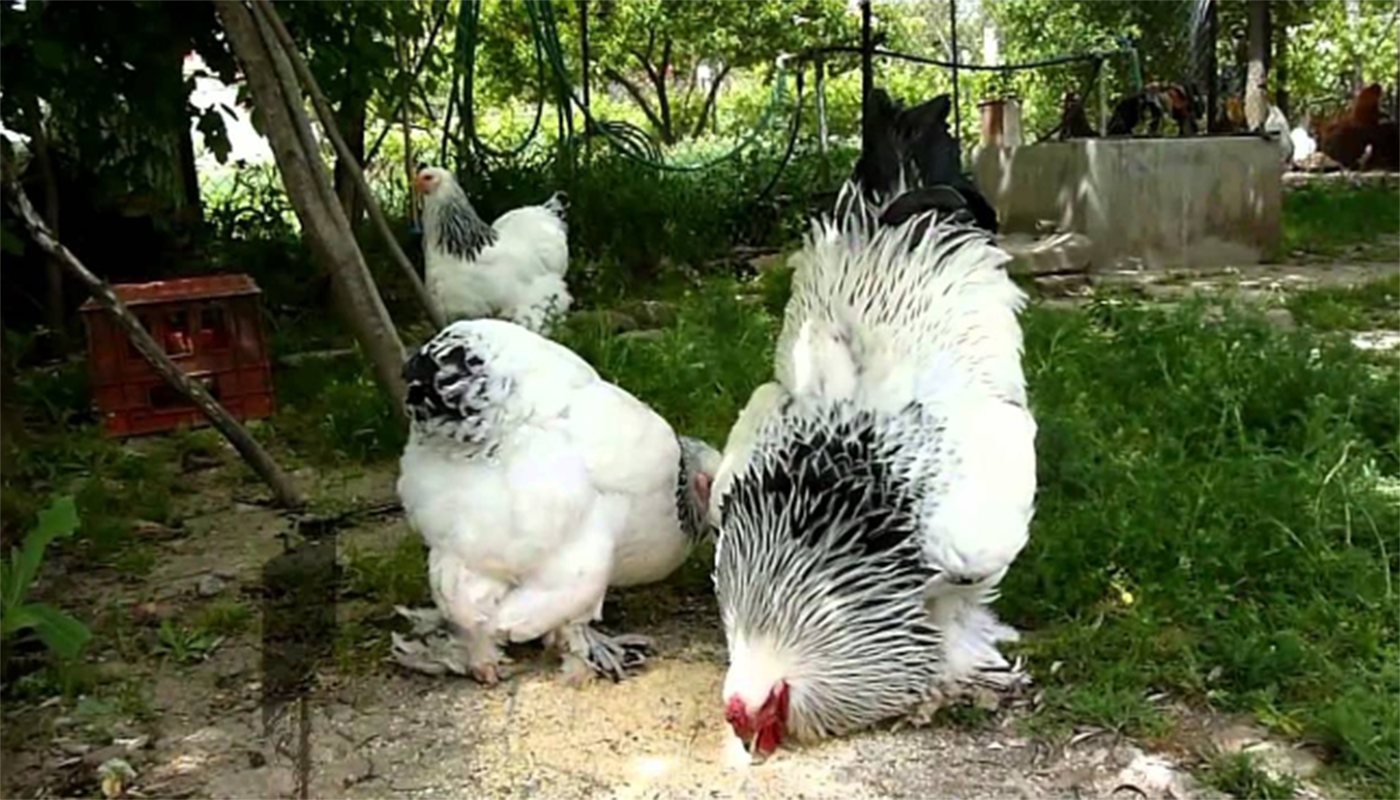 10 Chicken Breeds that do well among other Chicken Breeds for a Mixed Flock
10 Chicken Breeds that do well among other Chicken Breeds for a Mixed Flock Australorp Chicken Breed – Everything You Need to Know
Australorp Chicken Breed – Everything You Need to Know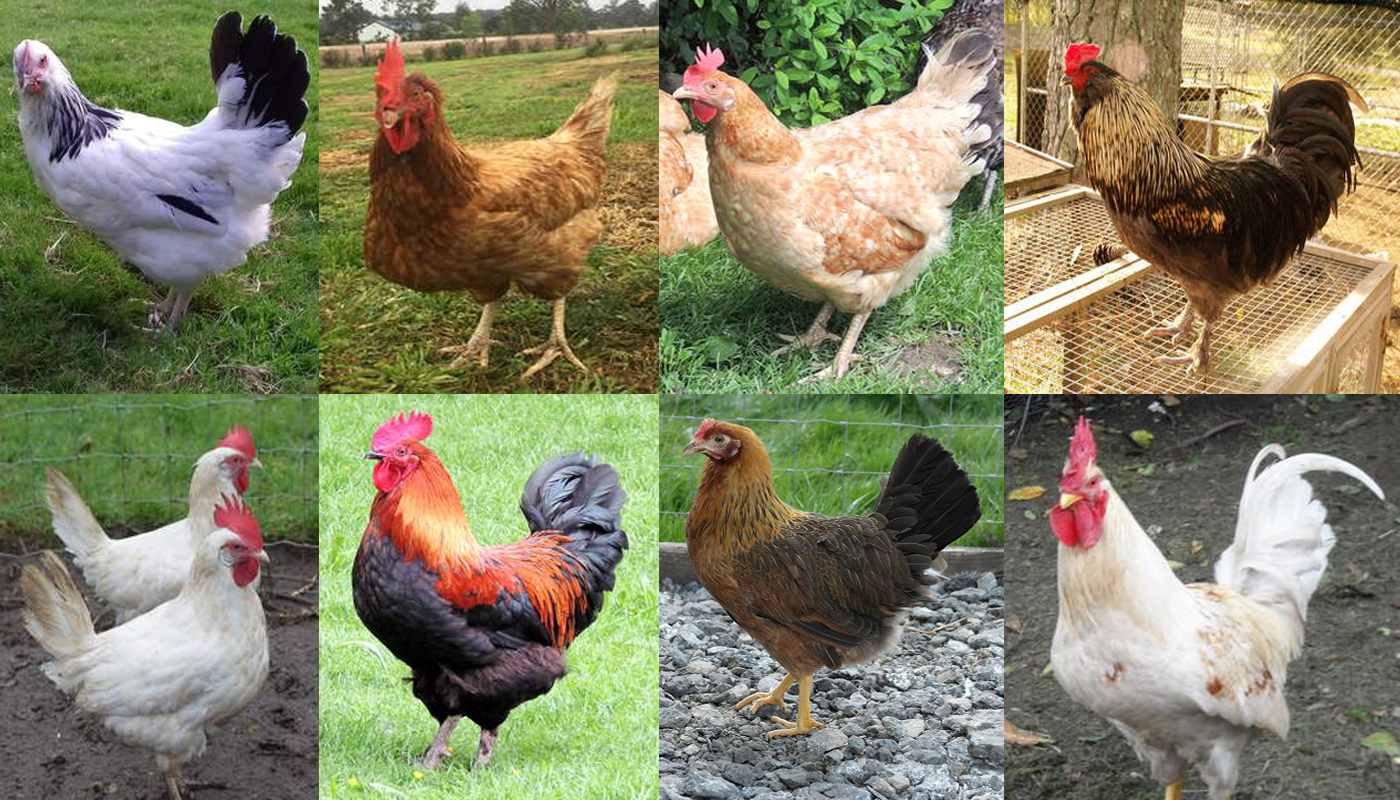 10 Chicken Breeds that Make the Best Starter Chickens for the First Time Poultry Keeper
10 Chicken Breeds that Make the Best Starter Chickens for the First Time Poultry Keeper Silkie Chicken Breed – Everything You Need to Know
Silkie Chicken Breed – Everything You Need to Know BREEDING CHICKENS
BREEDING CHICKENS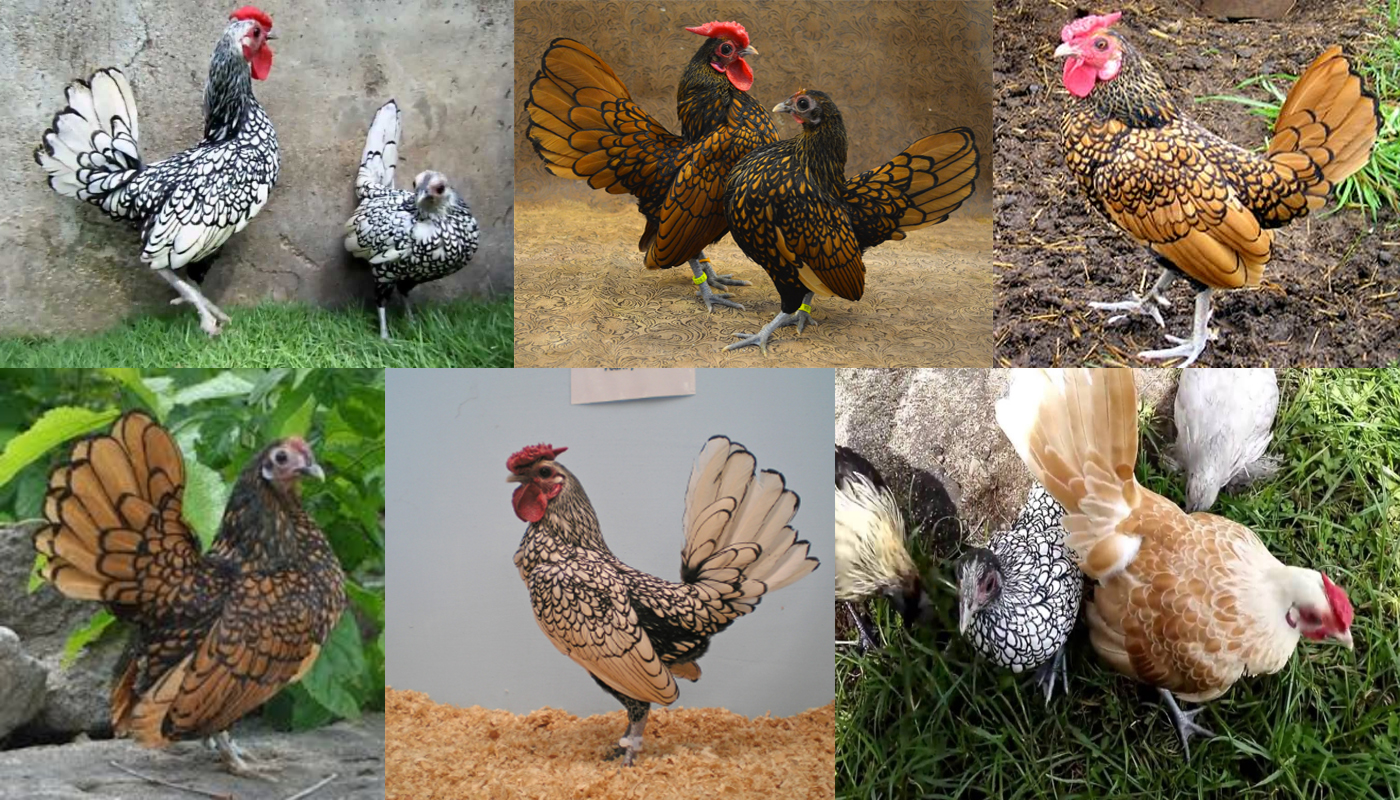 Sebright Chicken Breed – Everything You Need to Know
Sebright Chicken Breed – Everything You Need to Know White-faced Black Spanish Chicken Breed – Everything You Need to Know
White-faced Black Spanish Chicken Breed – Everything You Need to Know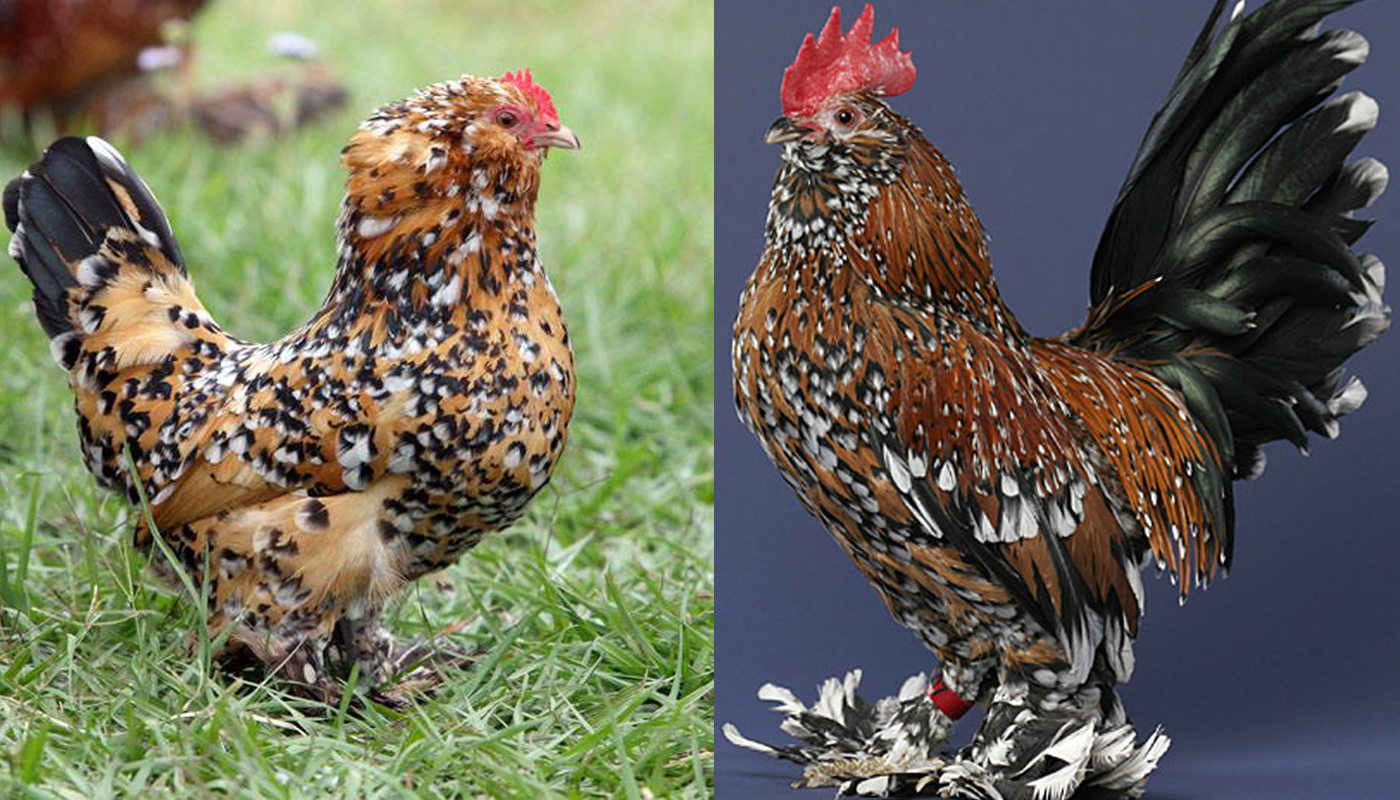 Belgian Bearded D’Uccle Chicken Breed – Everything You Need to Know
Belgian Bearded D’Uccle Chicken Breed – Everything You Need to Know Java Chicken Breed – Everything You Need to Know
Java Chicken Breed – Everything You Need to Know